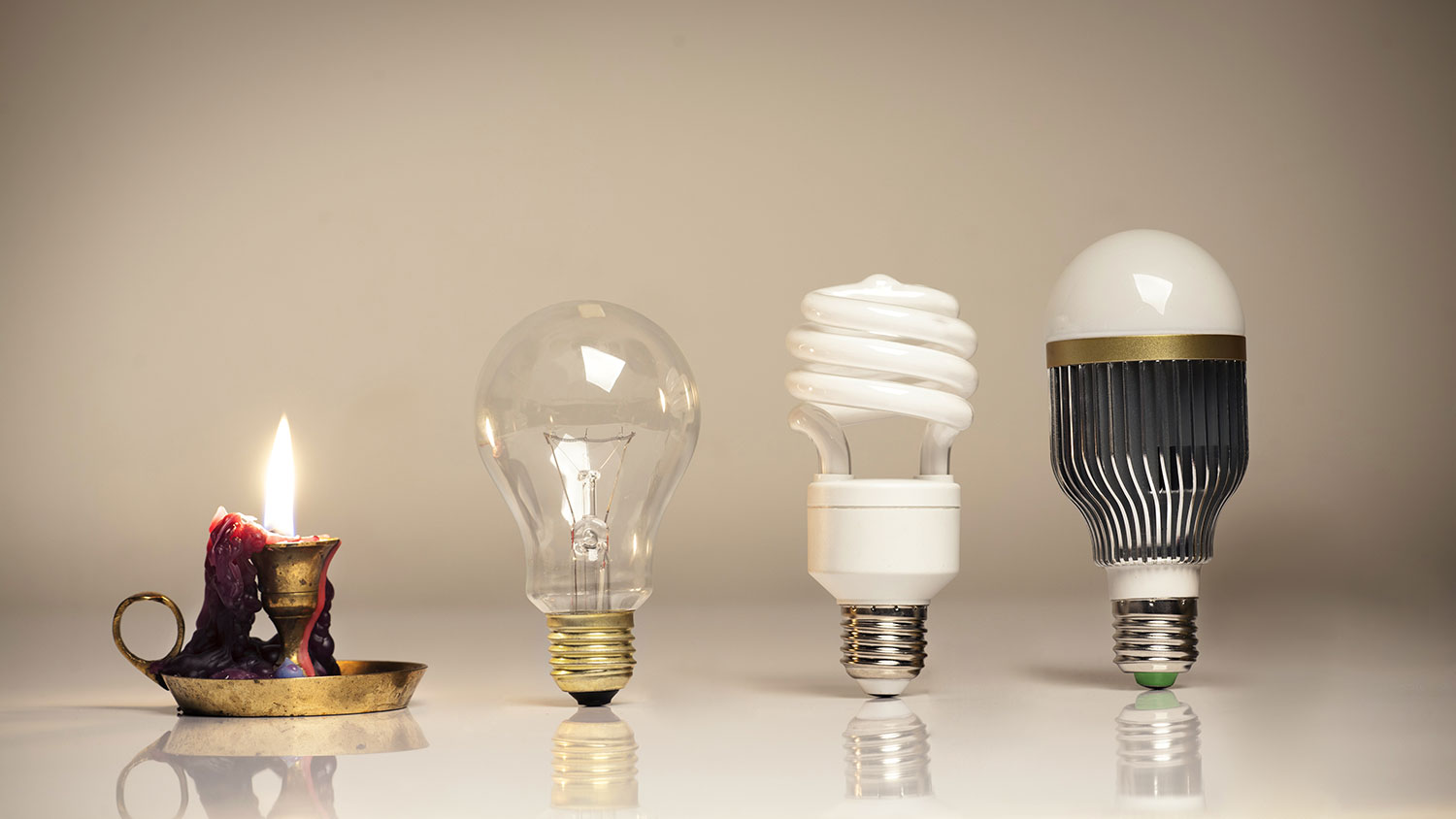Research Blog - Electric Lighting
In the article, it talked about a handful of really important inventions that were huge reasons for so many people moving into cities. One that I found particularly interesting was electric lighting. The reason this stood out was because at first, it didn't strike me as something that would have such a big impact. It seemed small in comparison to transportation and communication. But then I tried to imagine the city I live in now and what it would be like with the absence of the electric lighting that we have and I realized how such a thing has a subtle but huge impact in our everyday lives. In 1897, Thomas Edison invented the electric light bulb. The invention was very quick to spread and was soon a commonality within the majority of buildings. What this new lighting system allowed for was businesses and stores to continue running after dark. The previous limitation of the sun going down didn't apply anymore, because electric lighting was also spreading to the outdoors. The outside of buildings started lighting up and so did the streets, allowing for the hustle and bustle of the day to extend farther than it ever had. Before this invention, the main light source in one's house would often be from a fireplace or candle. The more wealthy population used fancier, more durable candles, while those who couldn't afford it tended to use candles of far worse quality. As you can imagine, however, no matter the condition of the candle, having to carry one around with you made everyday tasks a lot more complicated. It was also a lot more dangerous to go out at night during this time due to the lack of eyesight. The invention of electrical lighting benefited a lot of people and companies greatly and attracted a large number to move into cities, resulting in the rapid growth of them.
Comments
Post a Comment